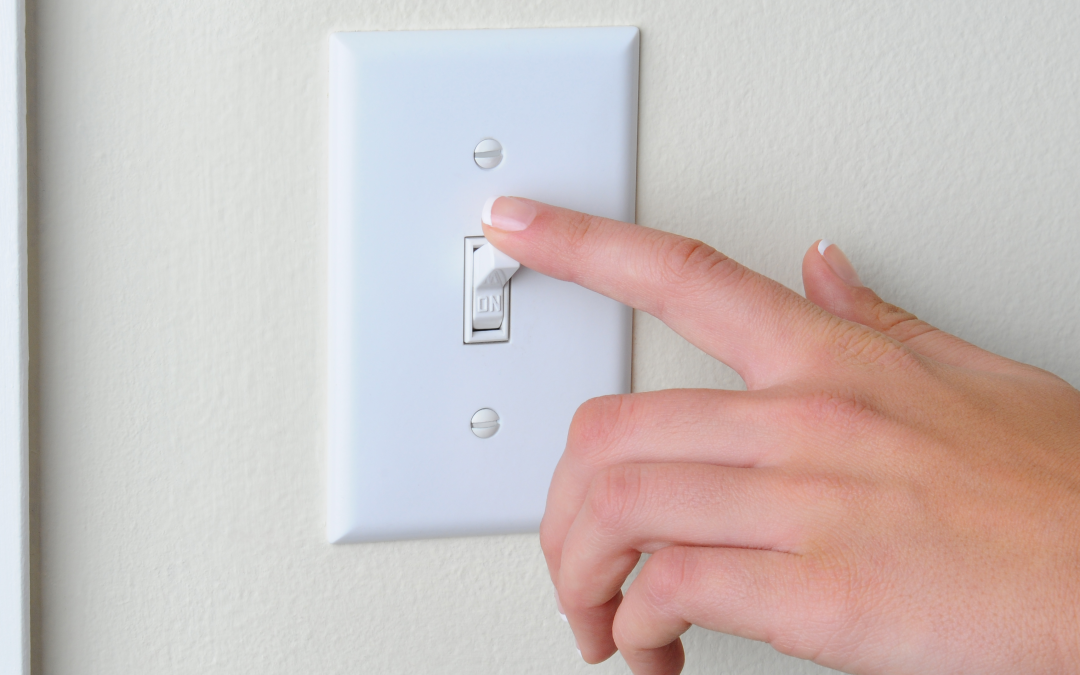I saw a photo of a sign on a beach that had a dozen-ish rules. These included some rules very specific to the beach (“no dogs”), but it also included a number of rules that were not only common sense, but weren’t just rules for the beach – they were almost certainly laws in force everywhere. For example, “no public urination,” and “no littering.” Those rules are definitely in place at the beach, but they’re also true on the sidewalk downtown and at your local WalMart. So why have it on the sign?
I think the challenge is that people see “adding it to the sign” as a useful solution to the problem. Lots of people littering on the beach? Make sure the sign says “no littering” and the problem is solved. And if it isn’t, make the letters bigger. Or put up more signs.
But this is a fundamentally lazy solution, because it doesn’t consider the core issue – whether or not somebody is even interested in being compliant. It’s like flipping a switch on a wall to get light. If the switch is actually connected to a bulb, it will turn the bulb on. But if the switch isn’t wired up, it doesn’t matter how big or fancy the switch is – there isn’t going to be any light.
Most decent people will throw their trash in the bin, as long as they know where it is. But some people wouldn’t throw their trash in the bin if it were only 5 feet away. And there’s almost nobody that’s going to move from the latter group to the former just because they see a sign.
In fact, burying important and situational rules in a big block of text is as likely as anything to reduce compliance, because even decent people are less likely to read an overly-verbose sign.
If somebody were to ask me how to re-work a sign like this, I would tell them to stick to communicating the things that are non-obvious. No dogs. No smoking. And if they’re really worried about public urination and littering, some helpful signs that say “restrooms” and “trash cans” – with directional arrows – will have the same effect. That way the decent people can quickly determine what the small handful of special rules are, and have the information they need.
This doesn’t mean there might not be a way to get greater compliance from the people that aren’t interested in doing so – but the “sign” switch just isn’t connected to that bulb.

